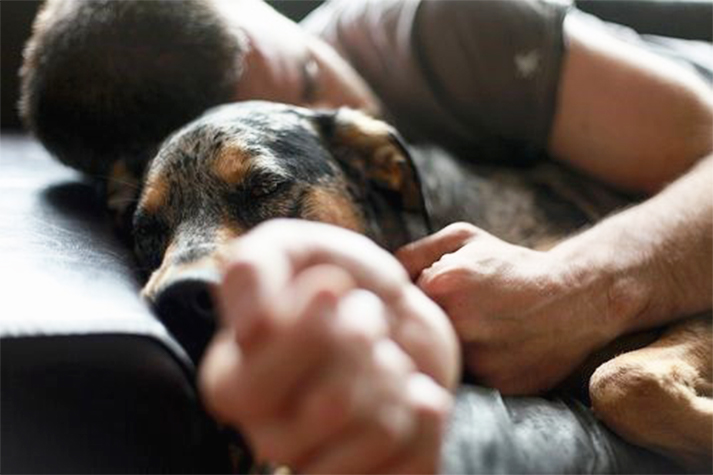
05 Dec
Is It Safe for HIV Patients to Associate with Pets?
HIV or Human Immunodeficiency Virus which causes acquired immunodeficiency syndrome (AIDS) has taken a
heavy toll on the health of many people around the globe.
Due to its contractible nature and
excessively misrepresented stigma associated with it, has led to people with HIV/AIDS being turned down
to their right to good healthcare and further they get subjected to discrimination, marginalisation and
eventually loneliness.
People often seek solace in animals to combat loneliness and depression,
and other physical ailments as well. In fact, it has been recognized by top medical authorities that pet
therapy or animal assisted therapy can help people with physical as well as mental health
conditions.
As a matter of fact, the Centers for Disease Control and Prevention said that pets
can accelerate healing of people with HIV as well. However, there are certain guidelines which have been
issued for preventing infections from pets.
Healthcare Providers Should Advise HIV-Infected Patients of The Following Precautions Which Are as Follows:
- HIV-infected people should avoid direct contact with stool from animals, specifically animals that have diarrhoea.
- Infected people should avoid pets aged 6 months to 1 year because the hygiene and sanitary conditions in pet-breeding facilities, pet stores, and animal shelters vary. Also, pets of any kind at this age are not usually trained which increases the risk of infections more.
- Gloves should be worn around cleaning areas which are exposed to contamination by feces from pets.
- Patients should wash their hands after handling pets, especially before eating a meal.
- Patients should not allow pets to lick them or their open cuts or wounds.
- In case of an animal bite, patients are advised to seek medical attention urgently.
- Most importantly, patients should be recognizant of the fact that cat ownership may under some circumstances increase their risk for toxoplasmosis and Bartonella infection.
- Further, litter boxes should be cleaned by an HIV-negative, non-pregnant person; if HIV-infected perform this task, they should wear gloves and wash their hands thoroughly to reduce the risk of toxoplasmosis.
- Also, to reduce the risk of toxoplasmosis, HIV-infected patients should keep cats indoors and not allow them to go out to hunt, and not feed them raw or undercooked meat.
- Flea control for cats is also recommended to reduce the risk for Bartonella infection.
- Moreover, HIV-infected persons should not limit contact with reptiles (e.g., snakes, lizards,
iguanas, and turtles) and chicks and ducklings because of the high risk for exposure to Salmonella
spp.
Note: [The article has been written for awareness purposes. We don’t specialize in the healthcare sector.]






AUTHOR’S BIO
Carry My Pet
Passionate pet enthusiasts and globetrotters, dedicated to easing furry friends' journeys worldwide. Penning tales of compassion at CarryMyPet, where every relocation is a tail-wagging adventure.